Interview with Sheridan Voysey
Another in my series of interviews with authors, as published originally in Woman Alive. Here′s another ex-pat living in the UK, but from a different colony than the one I originate from…
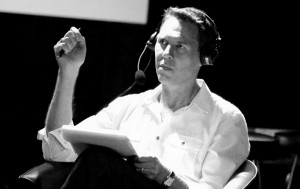 Your latest book recounts a year of resurrection. Tell us about the writing process; how was it? Surprises? Joys? Challenges?
Your latest book recounts a year of resurrection. Tell us about the writing process; how was it? Surprises? Joys? Challenges?
Apart from the sheer surprise of the project itself (writing a memoir on recovering from broken dreams was never in my plans), there were three main emotional responses. One was sadness. Resurrection Year tells the story of my wife Merryn and me starting again after our dream of starting a family ended. Writing that story required me to read through ten years worth of personal journals, reliving all those experiences of raised and dashed hopes. Most of that story is told in the first chapter, and few who’ve read it have done so with dry eyes.
But I also experienced a sense of grace in writing this book that I’ve never felt before. Writing is never easy, especially if you’re attempting to write richly, with metaphor, simile and symbol. But I had a sense of ‘flow’ writing Resurrection Year. The metaphors came, paragraphs flowed, and very little of the original manuscript was jettisoned in the editing process.
Thirdly, there was a sense of expectation. Resurrection Year was written in real time, during our first year here in the UK. How was the book going to end? I really didn’t know. The answer came literally within days of that chronological year ending.
You and your wife faced the question of suffering and a good God particularly when at L’Abri. Which book(s) helped you most in this quest?
During the toughest moments of our infertility journey Merryn described God as like ‘an old friend who no longer returns my calls’. Our stay at Swiss L’Abri gave her time to work out whether He is, in fact, good. One of the books that was most helpful in this was Greg Boyd’s Is God to Blame?—not because we agreed with it, but because it provoked so many questions about God’s control of the world, forcing us to think. Another helpful book was Philip Yancey’s Disappointment with God. I should add, though, that some of the books that held the most theological promise were sometimes the least accessible to read. Theologians can sometimes end up talking only amongst themselves.
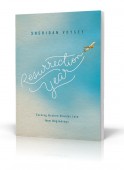 Adrian and Bridget Plass play a key role in the birthing of Resurrection Year. Which book of his has made the biggest impact on you?
Adrian and Bridget Plass play a key role in the birthing of Resurrection Year. Which book of his has made the biggest impact on you?
I can thank Adrian for both the phrase ‘Resurrection Year’ and the book’s creation. He gave me the phrase while talking off-air after an interview on my radio show. He suggested the book while staying with him and Bridget one weekend. Merryn and I owe a lot to this beautiful couple. I’ve enjoyed all of Adrian’s books, but special mention goes to The Horizontal Epistles of Andromeda Veal and Looking Good, Being Bad—both full of wisdom and whimsy.
You’ve interviewed thousands of authors in your role of radio presenter in Australia. Can you relay to us a scintillating or funny or moving story from one of them?
That question is always difficult to answer as there have been so many memorable moments, many of which are getting a second airing through my podcast. I’ll never forget author Bryce Courtenay singing the song he sang as his son died in his arms, or singer Gloria Gaynor recounting how she had fame and success but no meaning until she came to faith, or the actor Brian Deacon who played Jesus in The Jesus Film telling me why he didn’t believe. (It was a strange experience evangelising ‘Jesus’ on the air.) Some of the most memorable stories have come from my listeners—like ‘Samara’ who called in one night and said, ‘I don’t know why I’m telling you this as I’ve never told anyone this before. But I’m working as a prostitute, and this life is eating me up. I need a new life, and I need to find God again.’
How has living in Oxford enriched your reading of Lewis and the other Inklings?
Anyone who comes to Oxford should visit Lewis’s old home The Kilns, sit at his desk upstairs where he wrote his classics, and at the table in the living room downstairs with the view of the forest that likely inspired Narnia’s landscape. And anyone who’s experienced a broken dream should read The Great Divorce one Christmas Day afternoon and have God speak to them through it… like I did.
Sheridan Voysey is a writer, speaker and broadcaster on faith and spirituality. He is the author of five books, including his memoir Resurrection Year: Turning Broken Dreams into New Beginnings.






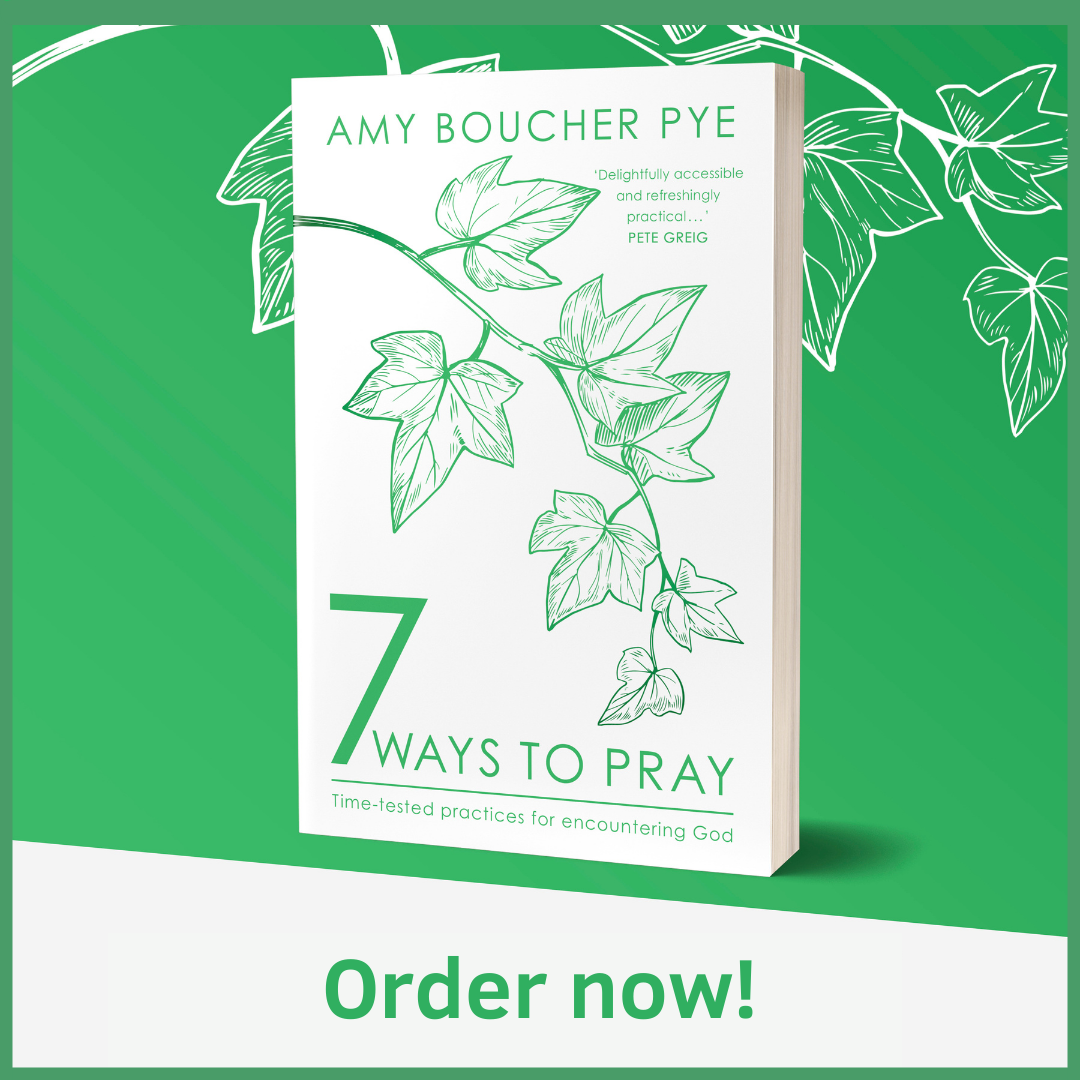
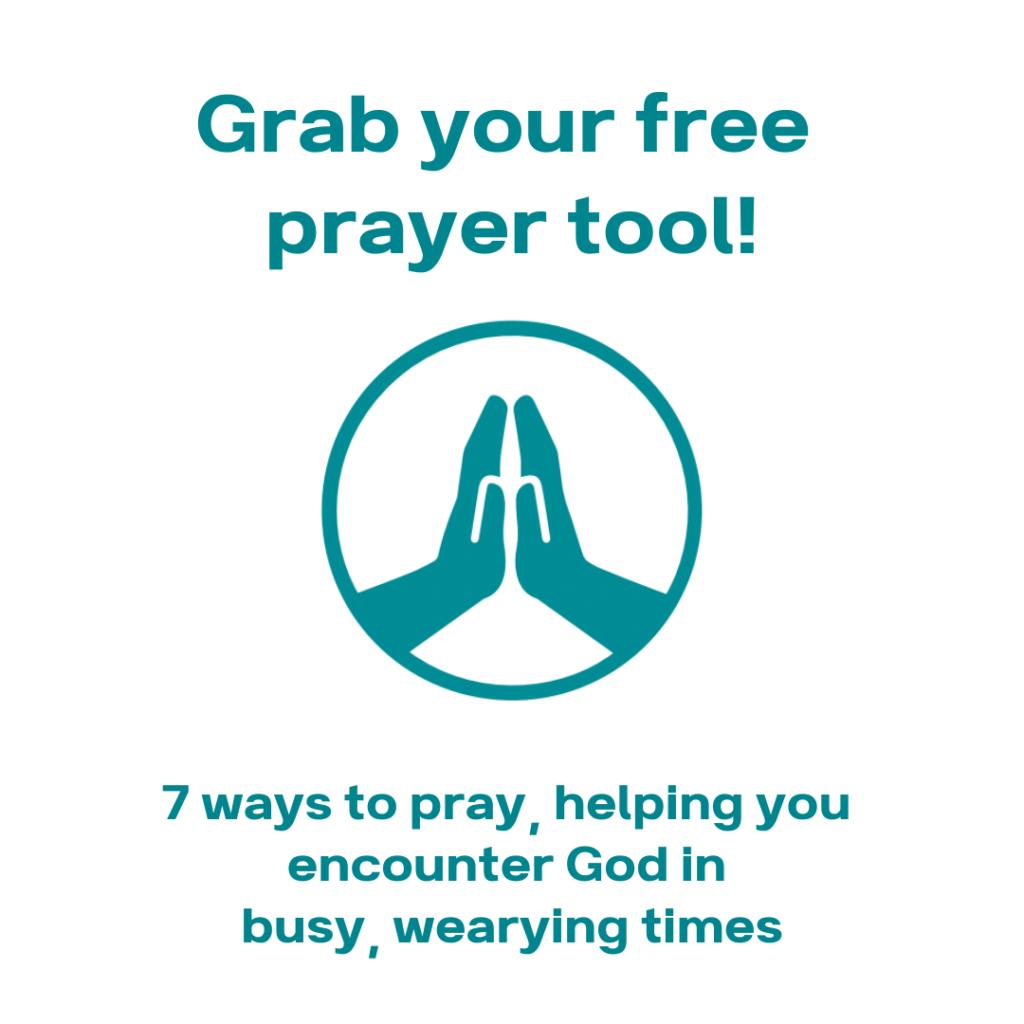
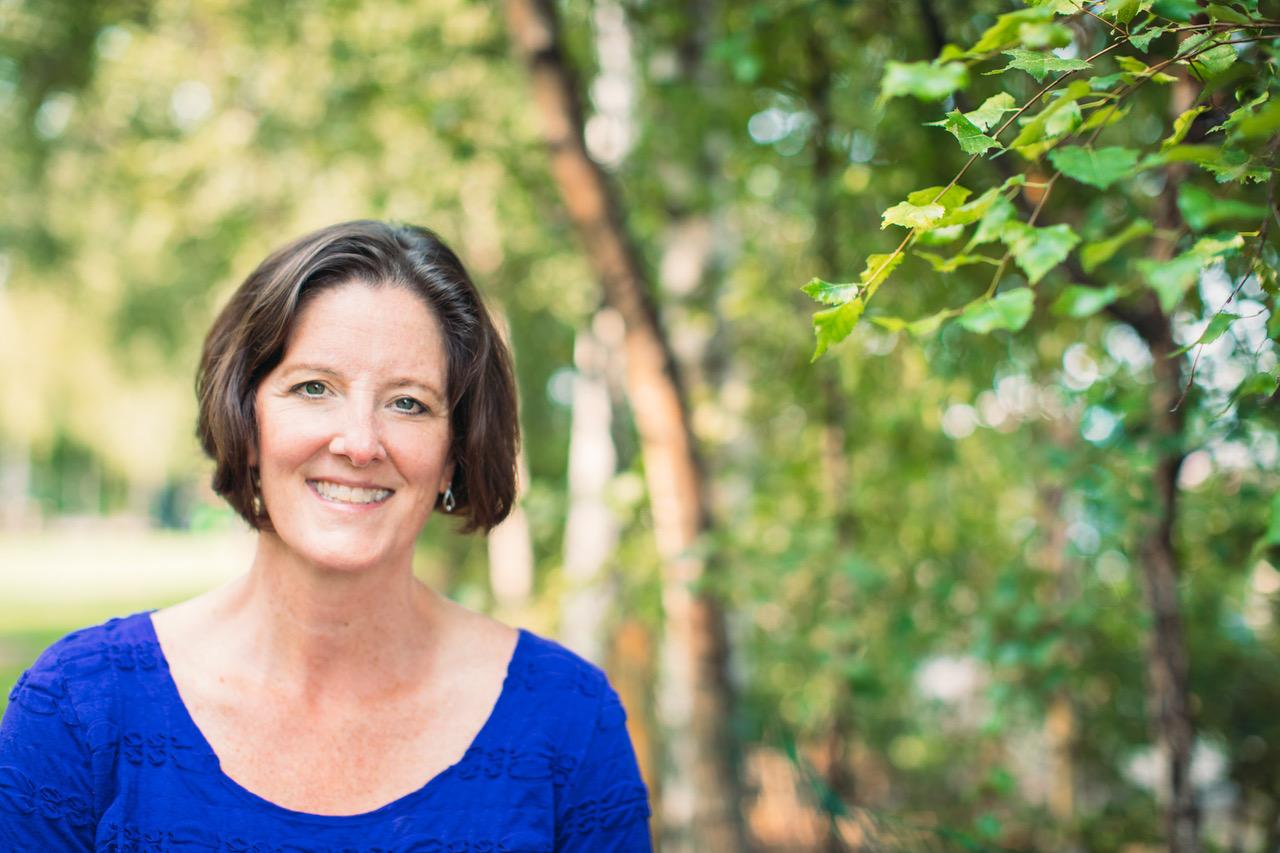 Hello!
Hello! 